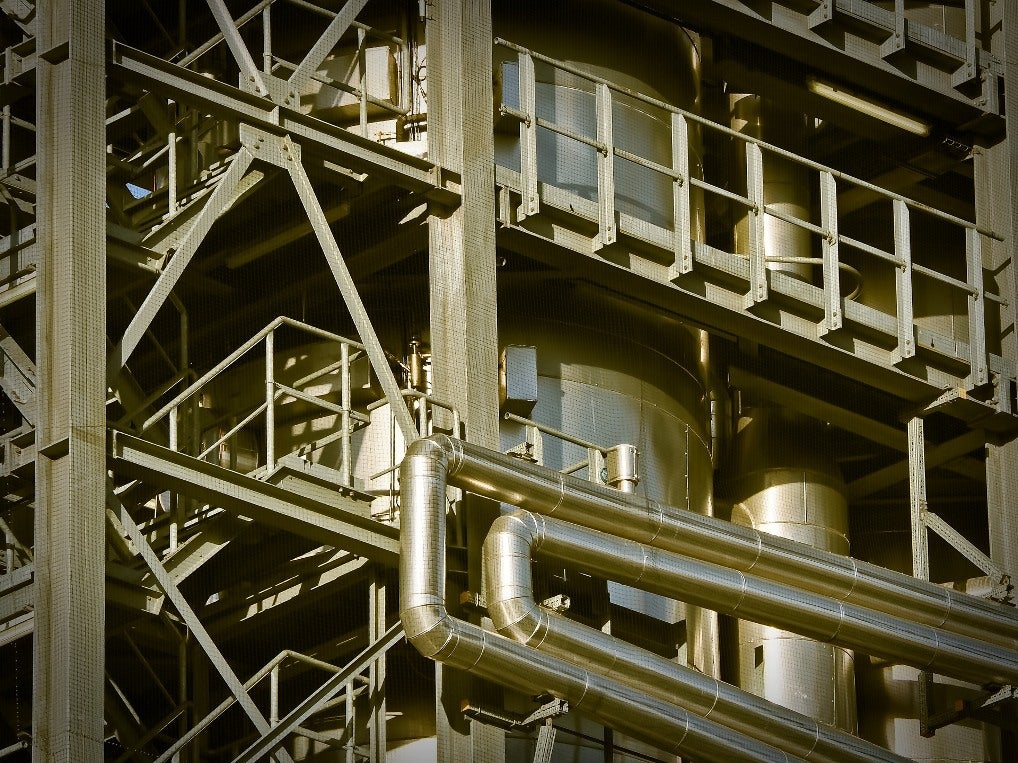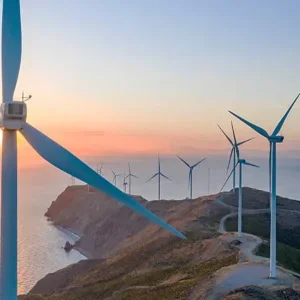
Canadian company Husky Energy has commenced production at the Dee Valley thermal project in the Saskatchewan province.
The Dee Valley project is the second of six 10,000bpd (barrels per day) thermal bitumen projects to be brought into production from 2018 to 2022.
Dee Valley facility will increase Husky’s thermal production in Saskatchewan to 90,000bpd.
Production at the Dee Valley project comes after the company’s Rush Lake 2 Lloyd thermal project, which commenced production in October last year and achieved 10,000bpd design capacity in November.
Current production at Rush Lake 2 is around 11,000bpd with a steam-oil ratio of 2.1.
Lloyd thermal projects of Husky reduce the company’s break-even Brent oil price
Husky claimed that its Lloyd thermal projects reduce the company’s break-even Brent oil price due to good oil quality, low operating costs and advantaged logistics.
Heavy oil production at Husky is matched by the downstream processing and pipeline takeaway capacity through 2021.
The company is developing four additional thermal projects in Saskatchewan through 2022, which have a combined design capacity of 40,000bpd.
The company has completed drilling at Spruce Lake Central and commenced construction of the Central Processing Facility. First production at the facility is expected in the second half of 2020.
Husky has taken up foundation work and module fabrication at Spruce Lake North, and first oil is expected in 2020.
At Spruce Lake East, the company has begun lease construction and expects first production in 2021.
The company has also secured regulatory approval for the facility at Edam Central and first production is expected in 2022.
Husky Energy CEO Rob Peabody said: “Dee Valley is the latest in our deep portfolio of repeatable, small-scale Lloyd developments that provide low-cost, reliable feedstock for our Upgrader, asphalt refinery and U.S. refineries.
“These projects have direct access to our refining hub in Lloydminster and can be transported via committed export pipeline capacity to our refineries and other U.S. markets.
“Our Saskatchewan production is not subject to government-mandated production quotas.
“In addition, we have many diverse investment options, including the Atlantic region, a large Downstream presence in the U.S. and high-netback growth production in Asia. As such, competitiveness of jurisdiction will remain a key parameter for our investment decisions.”






